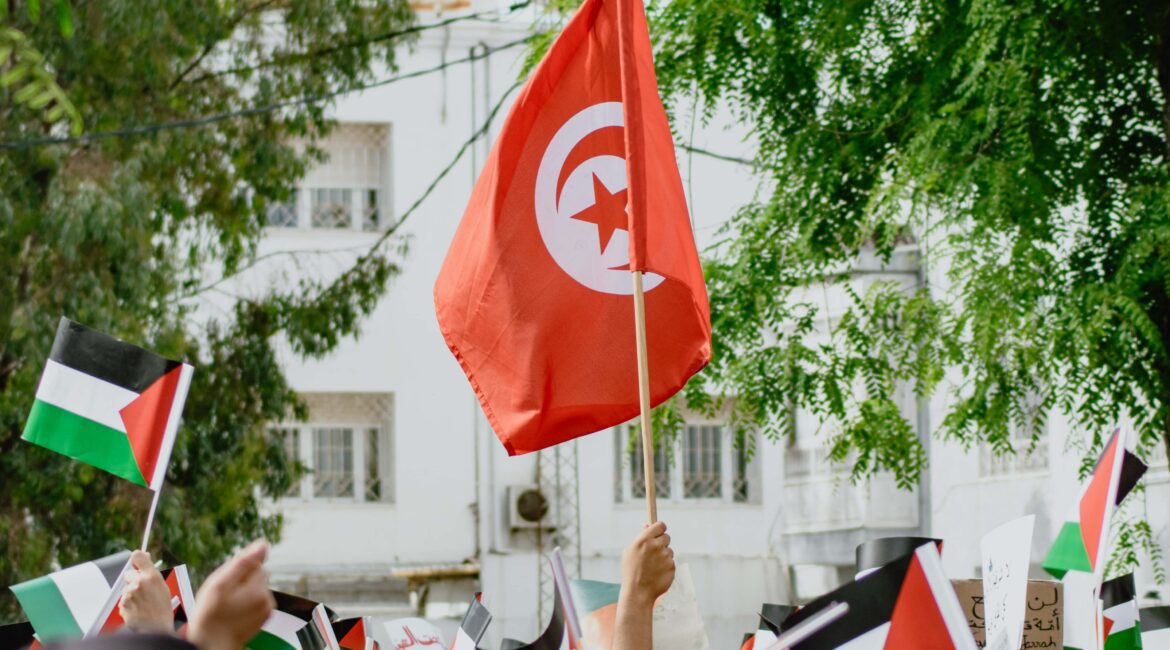In a statement late on 25th of July, the Presindet of Tunisa, Kais Saied invoked the constitution to dismiss the Prime Minister Hichem Mechichi and decree a freeze of the parliament for a period of 30 days, saying he would govern alongside a new premier. President Saied and Mr Mechichi have been in conflict for a long time. "According to the constitution, I have taken decisions that the situation requires in order to save Tunisia, the state and the Tunisian people," said Saied after the emergency meeting with security officials that followed nationwide protests.
To many, it feels like fresh hope after a year of chaotic governance - to others, a move that is constitutionally questionable, with potentially destabilising ramifications and far-reaching consequences. In the hours after Saied's announcement, huge crowds gathered in his support in Tunis and other cities, cheering, dancing and ululating while the military blocked off the parliament and state television station.
Dozens of arrests were made on Sunday as protesters called for the dissolution of parliament and early elections in gatherings organised by a new group called the 25 July Movement. In the face of nationwide protests over Tunisia's economic troubles and the government’s handling of the coronavirus crisis, President Kais Saied also decided to dismiss several top officials, including the justice and defence ministers.
Tunisia's main political parties have accused the president of staging a coup after he sacked the prime minister and suspended parliament. „There’s a failure of governance and the president himself is offering no leadership,” William Lawrence, a professor at the American University in Washington DC and an expert on Tunisia, told Al Jazeera. It poses the greatest challenge yet to Tunisia after its 2011 revolution that triggered the "Arab spring" and ousted an autocracy in favour of democratic rule, but which failed to deliver sound governance or prosperity. Tunisia is facing a critical challenge to its fledgling democracy after its president suspended parliament and dismissed his prime minister in what critics described as a coup.
While observers have routinely celebrated its “democratic transition” they overlooked a parliament that regularly descended into chaos and a flailing economy. Into this mix, factor in the worst of the COVID-19 pandemic and the government’s catastrophic response to it, and an event like the one that occurred on 25th of July becomes almost inevitable. Through riots over unemployment, economic desperation, hunger and police brutality, Tunisia’s politicians and government ignored the struggles of a desperate country and concentrated on political theatrics and positioning.
For years, parliament has failde to agree on the judges it gets to appoint to the court, which requires approval by two-thirds of the chamber. Human Rights Watch and many other groups have previously warned that the lack of the Constitutional Court hindered the protection of rights.
Tunisia’s political crisis

